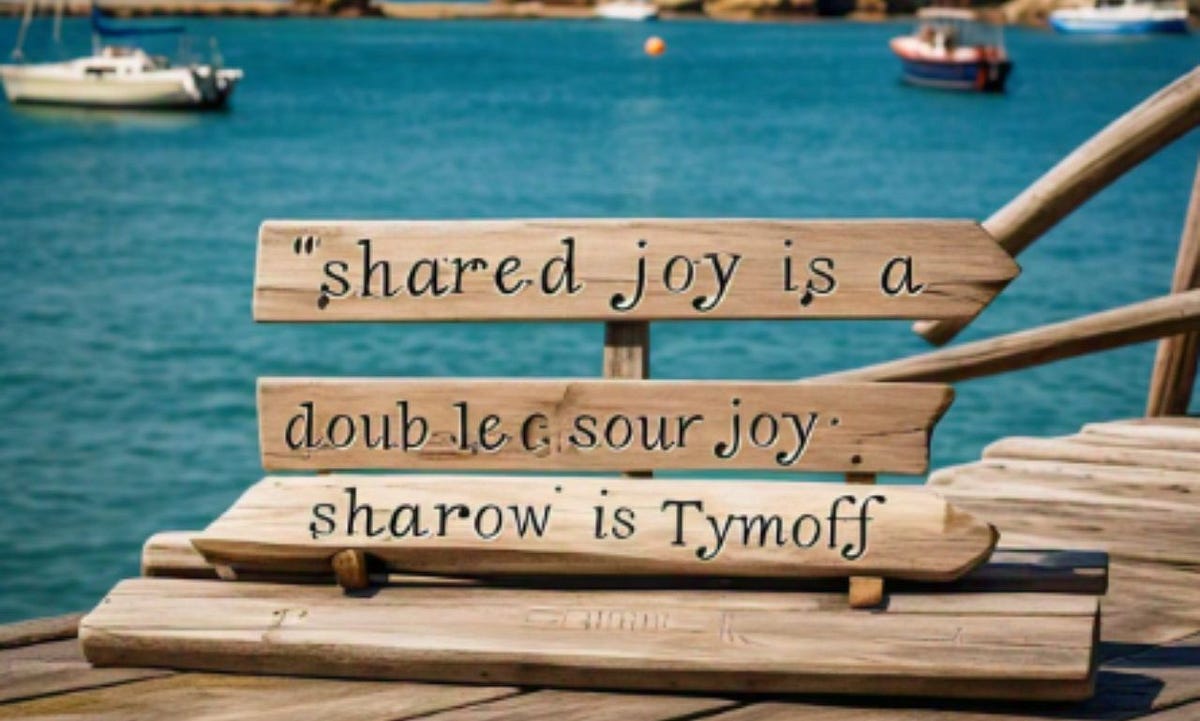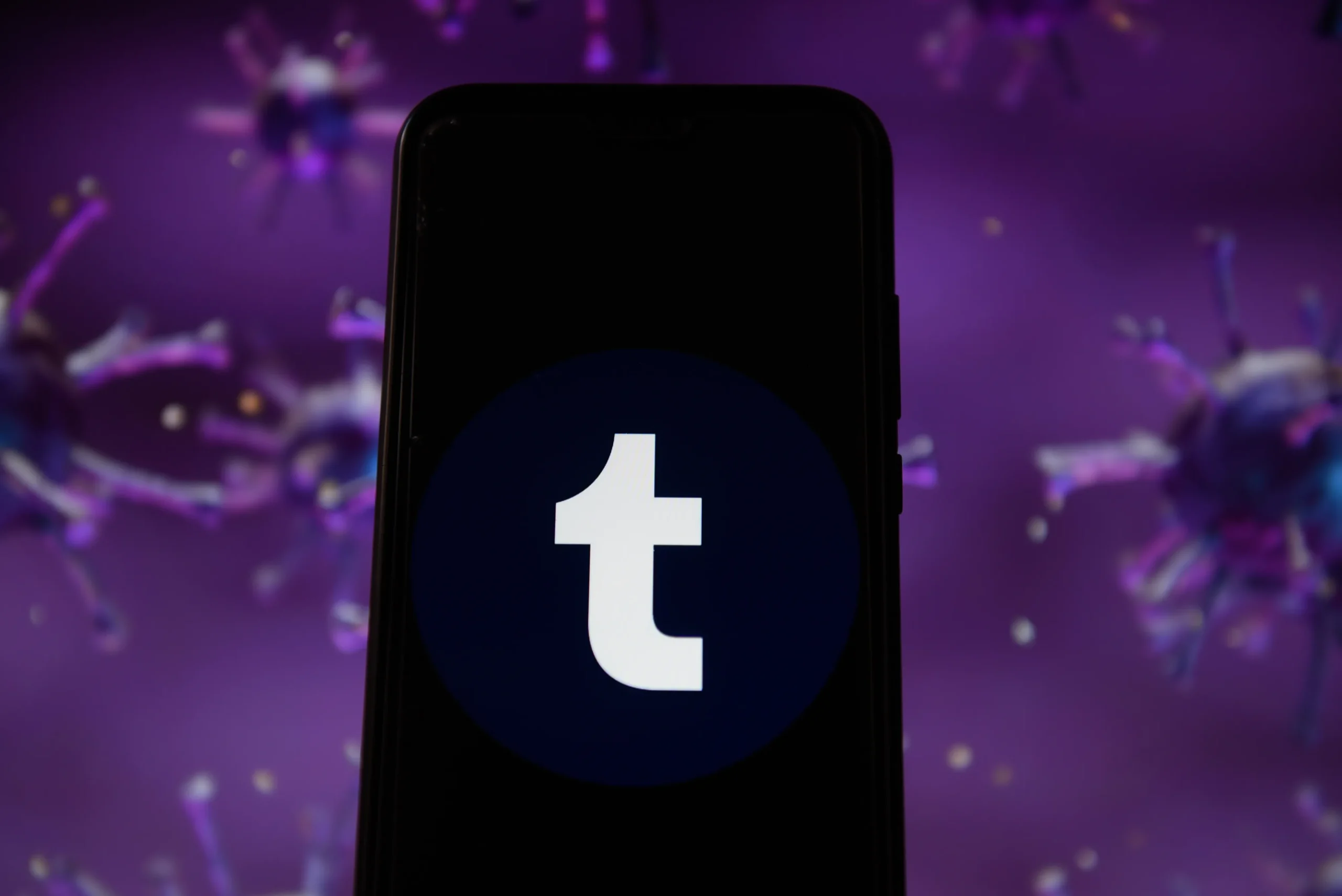
Human connections form the bedrock of our emotional well-being. The adage “Shared joy is a double joy; shared sorrow is halved” beautifully encapsulates the essence of human relationships and emotional sharing. It implies that when we share our happiness, it multiplies, and when we share our sadness, the burden is lessened. This wisdom reflects the vital importance of emotional intimacy and community, underscoring how our experiences are enriched through our connections with others. In this article, we’ll explore the various aspects of this saying, breaking it down into how sharing emotions, both joyful and sorrowful, plays a crucial role in human psychology and society.
The Science Behind Shared Joy
When we experience joy, it lights up parts of the brain responsible for pleasure and reward, such as the prefrontal cortex and the limbic system. However, the feeling of joy is amplified when shared with others. Research shows that expressing joy and happiness strengthens our relationships, creating a cycle of positive reinforcement that deepens our bonds. This is not just an emotional phenomenon; science supports the idea that sharing joy with others increases feelings of well-being and satisfaction.
Studies in psychology indicate that humans are social creatures by nature. Positive social interactions release oxytocin, the “love hormone,” which enhances feelings of trust, connection, and empathy. Sharing joyful experiences with others creates memories that last longer and feel more significant because they are tied to these positive, Shared Joy is a Double Joy; Shared Sorrow is Tymoff hormone-fueled emotional responses.
Why Sharing Joy Matters
Shared joy has the power to strengthen relationships and build a community. Imagine receiving good news, like a job promotion or the birth of a child, and having no one to share that with. The joy feels incomplete. However, the moment you tell a friend or a loved one, the experience feels fuller, more real, and more lasting. This is because sharing joy creates a feedback loop of positive emotion.
- Bonding: Sharing happiness, whether it’s small victories or life-changing events, brings people closer together. When others celebrate with us, we feel understood, supported, and appreciated. This validation deepens emotional bonds and builds a sense of belonging.
- Reinforcement of Positivity: Sharing good moments doesn’t just make us feel good at that moment, it also helps reinforce a positive outlook on life. By acknowledging joy and spreading it to others, we reinforce the idea that life is filled with good moments worth celebrating.
- Creating Shared Memories: Moments of shared happiness become collective memories. These shared moments are crucial in forming long-lasting connections, whether in friendships, families, or communities. A birthday celebration, a wedding, or even a simple picnic shared with friends turns into a cherished memory, reinforcing relationships for years to come.
The Burden of Unshared Joy
On the flip side, unshared joy can feel isolated or incomplete. Think about times when you’ve had a victory or a moment of pride but no one around to share it with. It often feels like something is missing. Without the ability to express and share our positive experiences, joy becomes a fleeting emotion rather than something long-lasting. Unshared joy has less power because joy, by its nature, is expansive—it grows when given to others.
Shared Sorrow is Halved
Just as joy becomes more potent when shared, sorrow becomes more bearable. The idea that “shared sorrow is halved” speaks to the innate human need for comfort during difficult times. Grief, pain, and sorrow can feel overwhelming when experienced alone, but the burden becomes lighter when shared with others. Emotional support, empathy, and simply having someone listen can significantly ease the weight of sorrow.
The Science of Emotional Release
From a psychological perspective, sharing negative emotions like sorrow leads to emotional catharsis. Emotional catharsis is the process of releasing and finding relief from strong or repressed emotions. When we speak our sorrow out loud, whether to a friend, family member, or even a therapist, we begin to process and make sense of it.
Psychologists suggest that emotional sharing allows individuals to not only externalize their feelings but also to receive feedback, support, and validation. When we share sorrow, we invite others to comfort us, which in turn can change our perspective on the situation, making it more manageable. The simple act of talking through a painful experience can significantly decrease feelings of stress, anxiety, and grief.
The Power of Empathy
Empathy is the emotional bridge that makes shared sorrow bearable. When someone listens to us, feels our pain, and provides comfort, we no longer feel alone in our grief. The presence of others helps us emotionally navigate through challenging times.
- Validation: When others acknowledge our pain, we feel validated. This acknowledgment can provide immense relief, as it assures us that our feelings are normal, acceptable, and understandable.
- Emotional Support: The support of others can help soothe emotional wounds. Whether it’s a comforting hug, a kind word, or simply sitting in silence together, the presence of another person provides a balm for the soul.
- Perspective: Sometimes, sharing sorrow with others helps put the problem in perspective. Loved ones often help us see that the situation may not be as hopeless as it seems or offer insight that helps us navigate our grief more effectively.
Grieving in Community
One of the most powerful examples of shared sorrow is found in communal grieving. Funeral rites, memorial services, and collective mourning are all examples of how societies have developed rituals to cope with loss. These ceremonies provide an opportunity to share grief with others, reminding the bereaved that they are not alone in their pain.
Sharing grief in a community setting doesn’t just help the individual heal; it creates a bond among those who are mourning. Together, they share in the sorrow, offer support, and help each other move forward. In many cultures, the act of coming together during times of sorrow is seen as essential to the grieving process.
The Danger of Unshared Sorrow
Conversely, unshared sorrow can fester and grow into something more damaging. When people keep their grief, stress, or negative emotions to themselves, they risk emotional burnout, depression, or even physical illness. Studies show that bottling up emotions can lead to long-term psychological issues and health problems such as heart disease or weakened immune responses.
While sharing sorrow doesn’t erase the pain, it makes the burden lighter and more manageable. Grief shared is grief processed, and it opens the door to healing.
Why Sharing Emotions—Both Good and Bad—Is Crucial
Humans are wired for connection, and the act of sharing our emotions, Shared Joy is a Double Joy; Shared Sorrow is Tymoff whether joy or sorrow, strengthens that bond. Keeping our emotions bottled up, whether positive or negative, often leads to feelings of isolation and emotional distance. Sharing our joys and sorrows with others helps us feel more connected, understood, and supported.
In today’s world, where social media often becomes a platform for showcasing perfect, happy moments, it’s important to remember the value of genuine emotional sharing. Authentic joy and sorrow, shared openly and without pretense, build real connections.
Conclusion: The Balance of Shared Emotions
The proverb “Shared joy is a double joy; shared sorrow is halved” speaks to the balance and necessity of emotional exchange in human relationships. Life is a complex mix of happiness and hardship, and sharing both aspects with others is a fundamental part of the human experience. Whether we are rejoicing in life’s triumphs or mourning its losses, doing so in the presence of others strengthens our relationships, provides comfort, and ultimately leads to a fuller, more meaningful life.
In the end, it is this shared emotional journey that enriches the human experience. Whether through the laughter of celebration or the tears of sorrow, shared emotions are what make us feel alive and connected.








